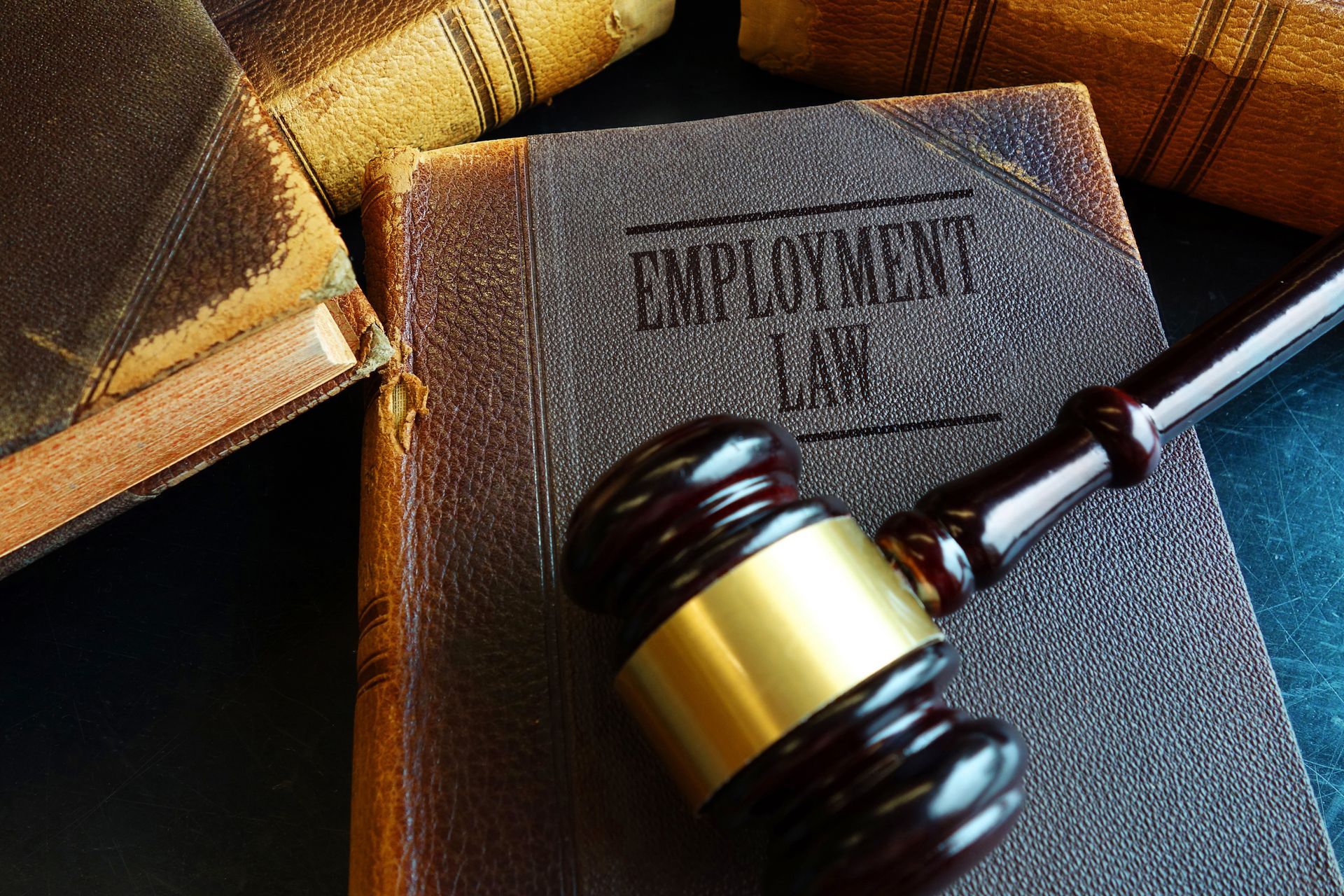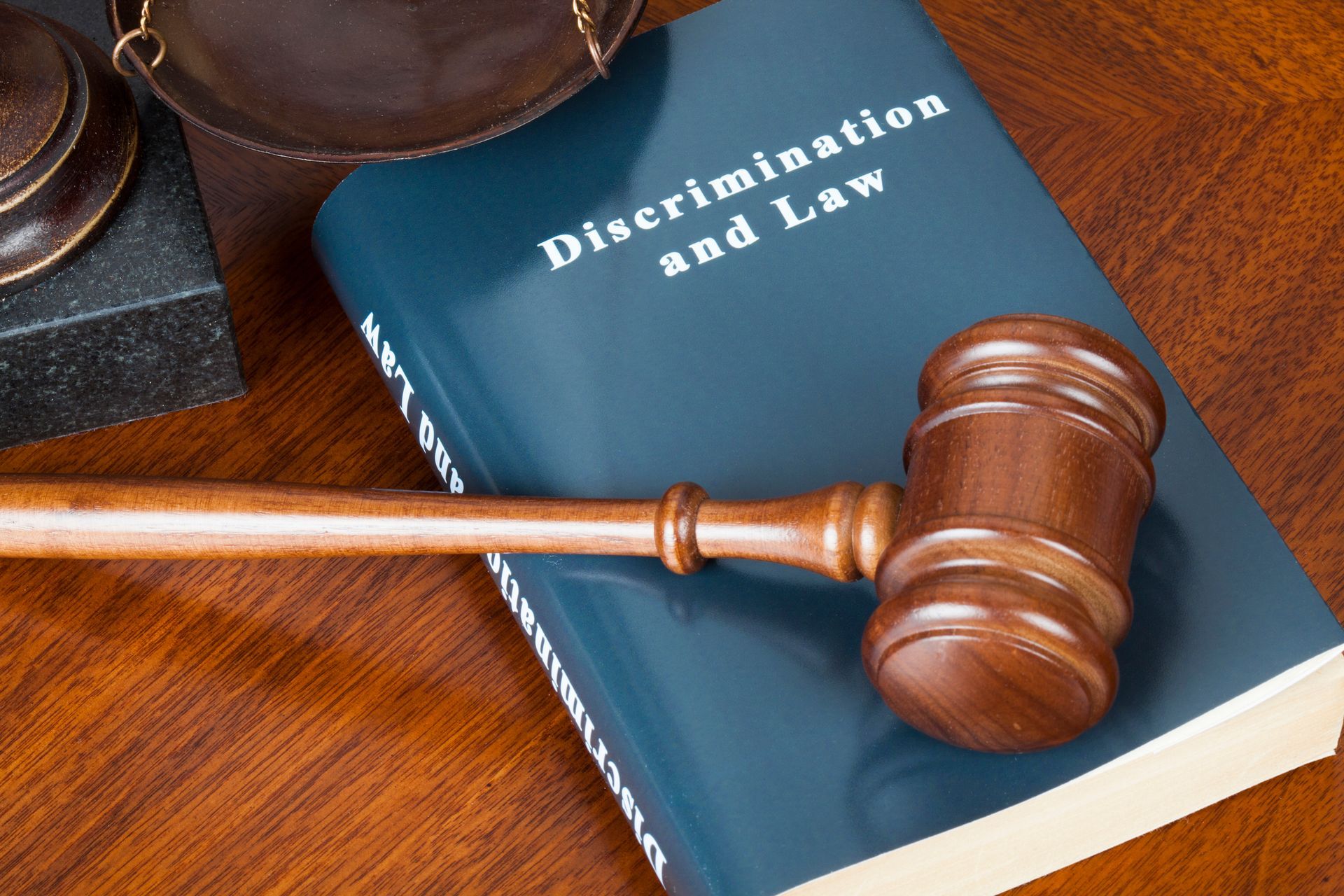4 Examples of Pregnancy Discrimination

Pregnancy discrimination is illegal under Title VII of the Civil Rights Act of 1964. Unfortunately, many people are unclear as to what exactly constitutes pregnancy discrimination.
If you feel you may have been treated wrongly because you are or were pregnant, then you may be unsure if you were discriminated against or just treated unfairly. Here are four common examples of pregnancy discrimination.
1. You Were Not Hired for a Position Because You Are Pregnant
An employer is not allowed to ask you if you are pregnant during an interview, and you do not have to disclose this information. However, it can be hard to disguise a pregnancy, and it may be quite obvious you are expecting.
If an employer passes you over for the position in favor of a candidate who is not as qualified, and you are fully able to complete the requirements of the job while pregnant, the employer may be discriminating against you because you are pregnant.
Unfortunately, these cases are challenging to win, as you may not know who they hired and what the hired employee’s qualifications, background, and education are.
2. You Were Demoted or Fired for Being Pregnant
If you have been a stellar employee without a history of demerits or write-ups, and then suddenly you get written up all the time after announcing your pregnancy, your employer may be discriminating against you.
Likewise, if you are fired for no good reason after announcing your pregnancy, or when your pregnancy is visible, you may have a discrimination case.
3. You Were Not Accommodated Like Other Temporarily Disabled Employees
Envision that one employee got in a car accident and was unable to lift 25 pounds or more. Your employer accommodated this restriction and gave them desk work until they were able to lift again.
Then envision that you go to your employer with this same restriction while pregnant and they tell you they cannot accommodate your lifting restriction, and you will be unable to work. This situation is discriminatory, because employers must equally accommodate all temporarily disabled employees.
The above is an example of pregnancy discrimination, as all employees must be accommodated in the same manner. If the employer cannot accommodate any restrictions for any employee across the board, then failing to accommodate your restriction would not be pregnancy discrimination.
4. Your Position Wasn’t Available When Your Maternity Leave Ended
Your employer must hold your job open for you the same length of time that they would for other employees who are on sick or disability leave. Per the Family and Medical Leave Act, large employers (i.e. with 50+ employees) must hold jobs for at least 12 weeks, for employees who have worked at least one year, for certain family and medical reasons.
An employer is not allowed to demote you simply because you were out on maternity leave. When you return to work, you should have your old job back, or one that is similar in nature, including similar hours, work days, and pay scale.
If your employer tries to give you a less desirable shift, lower wages, or a job that is distinctly different than your old job, your employer may likely be discriminating against you.
Do you believe that your employer discriminated against you because you are or were pregnant? If so, it is important to contact a lawyer quickly to help you determine if you have a case. In many situations, you only have 180 days after the incident to file a claim.
Here at Allen D. Arnold Attorney at Law, we can help you with your pregnancy discrimination case in the Birmingham, AL area. Contact us now to get started.
Alabama Rules of Professional Conduct Notice: No Representation is made that the quality of legal services offered is greater than that of other lawyers. The information contained on this website is not a substitute for legal advice, and reading it does not create an attorney-client relationship.









